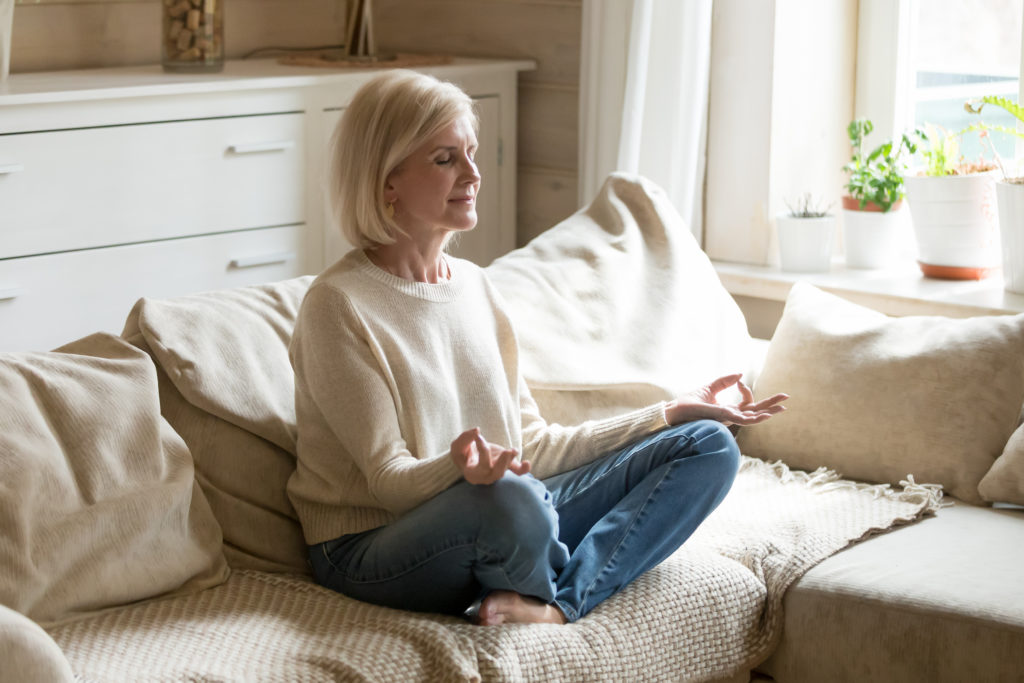Many young, healthy people can’t understand what the big deal is about a virus, this virus. They ask: Why is coronavirus creating an emergency?
The problem is this: coronavirus is extremely contagious. A percentage of patients, about five percent, will be critically ill. Although this is a small percentage, think about it this way: if one million people get the coronavirus, this means that 50,000 of these, the critically ill, will need ventilators.
We do not have that many ventilators, so some patients will not receive treatment and the death rate will be high.
This is why it is critically important to avoid contact with people—and hence, why we’ve been quarantined. This will decrease the number of people who become critically ill at the same time and, hopefully reduce the number of people who die.
Coronavirus: the Great Equalizer
Each of us has been affected by the coronavirus. It is the great equalizer.
I like to think we are now team local community, team NYC, team New York State, and team America. Americans have always risen to the occasion, and this will be no exception. How long it takes to get through this, though, remains to be seen.
What we should all be doing to prepare to stay safe from the coronavirus:
- Clean high touch surfaces (like doorknobs, countertops, faucet handles, toilet flushers, etc.) frequently with a disinfectant.
- Wear a face mask and disposable gloves, if available, when you are outside the home.
- If you don’t have a face mask and/or gloves, be sure to: avoid areas where there are a lot of people, grocery shop at off hours when not many people are around, wash your hands (or use a hand sanitizer) for at least 20 seconds after touching anything, and change out of your clothes immediately upon getting home (The virus can live on fabrics for days.)
- Take immune-boosting supplements, including zinc (see my previous blog with more details). Also see below for why zinc is so important with this particular virus.
- Stay away from people who could potentially get very sick. For example, grandchildren should not be in direct contact with grandparents. This is the time to use Facetime, Skype, and Zoom to stay in touch.
- Continue to practice social distancing, even if you’re young and aren’t worried. I think young people have a false sense of security because they think they can’t, and won’t, get very sick. While it is true that young people tend to recover from the virus, there are also reports of people as young as twenty on ventilators who may experience permanent lung damage. Everyone at every age needs to put into practice safety tips and social distancing!
- Do what you can for stress relief. Find things that make you happy or that calm you down, and try to incorporate these things daily, if possible, or at least several times a week. Headspace is offering help for stress at https://www.headspace.com/covid-19.
- Reach out and help—from a distance. If you have an elderly or high risk relative/friend in the New York City area and you cannot physically get to them, check out Invisible Hands Deliver at https://www.invisiblehandsdeliver.com/. Invisible Hands Deliver has 5,000 volunteers who will deliver food and medicine and call shut-in people so they do not feel scared and alone.
- Do not take ibuprofen
- Symptoms to look for: low grade fever, cough, feeling very tired, muscle aches and pains. Some are also reporting chest pain, loss of taste and smell. Most people with these symptoms will recover at home in a quarantine room.
- What to do? Call your doctor if you think you might have corona virus or have been exposed. Do not go to the emergency room unless you are very short of breath or dehydrated. If you are short of breath or dehydrated go to the emergency room.
What is the news about hydroxychloroquine, the anti-malarial drug?
There is a very interesting study which showed that patients with coronavirus recovered better if they had high levels of zinc in their cells.
You cannot get higher levels of zinc inside our cells because the cell wall blocks the passage. Hydroxychloroquine opens up a “gate” in the cell wall membrane, allowing more zinc to enter the cell while on the drug.
Currently, some hospitals are using a protocol for patients with the coronavirus. If the patient’s oxygen level is low and/or they have signs of pneumonia on X-Ray, these patients are being given hydroxychloroquine ( brand name Plaquenil) plus azithromycin and another antibiotic.
Roger Seheult, MD, co-founder of MedCram on YouTube, offers a video that explains how hydroxychloroquine increases zinc levels in the cell. If you like science or are just curious about this, you will love his videos.
I hope this blog helps explain the common question: why is coronavirus creating an emergency? And I hope that you and your loved ones stay safe and well during this challenging, unprecedented time.

